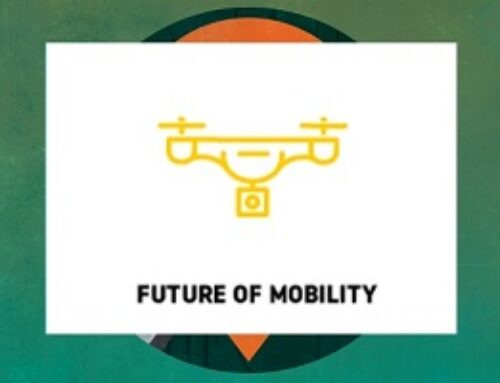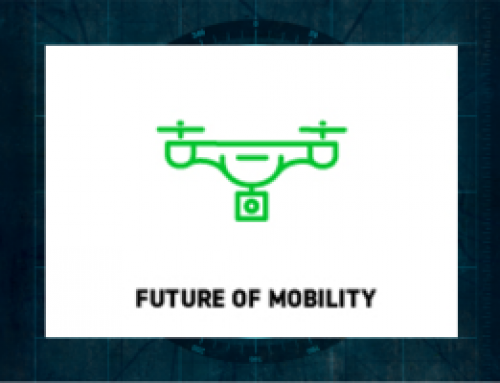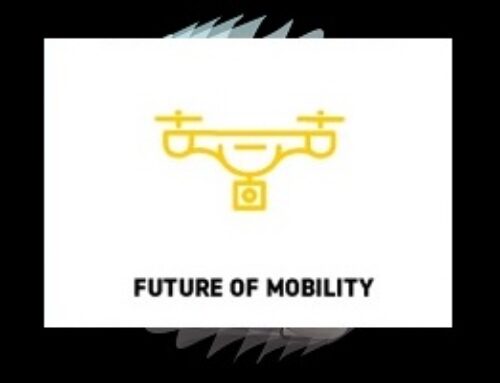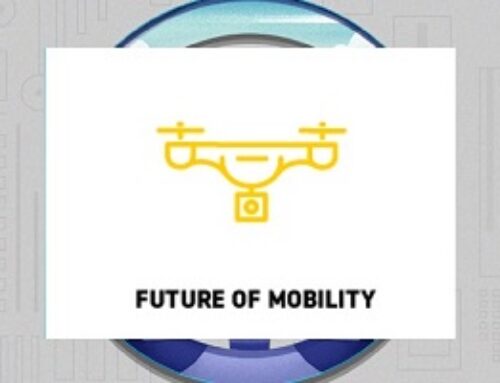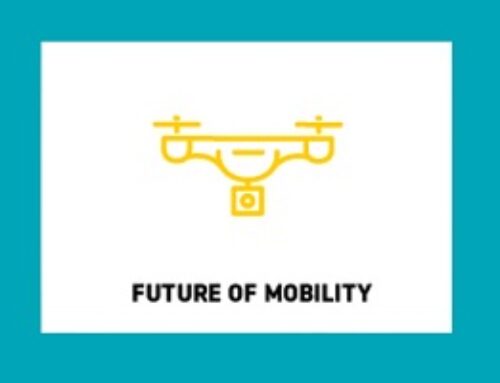Governments at all levels are mulling over how to regulate a highly transformed transportation landscape, while also encouraging innovation. For many advocates of the future of mobility, the expected societal benefits of these changes are self-evident: less congestion, lower emissions, greater efficiency, lower costs, and most compelling saved lives.
But even if we accept the advantages, the speed with which this future vision arrives likely hinges not only on technological and regulatory advances, but also on how quickly consumer expectations and behavior shift.
In this article, we explore how limitations in human cognition can lead us to delay or forego adopting a new technology (in this case, shared and autonomous vehicles), even if that technology provides demonstrable individual and collective benefits. While research in behavioral economics and social psychology has revealed deep and consistent biases that can lead to suboptimal choices, it has also uncovered ways to potentially overcome these mental limitations. By constructing choices and framing new mobility options in ways that encourage adoption, companies, governments, nonprofits, and others can help ensure that the future of mobility arrives sooner rather than later.


